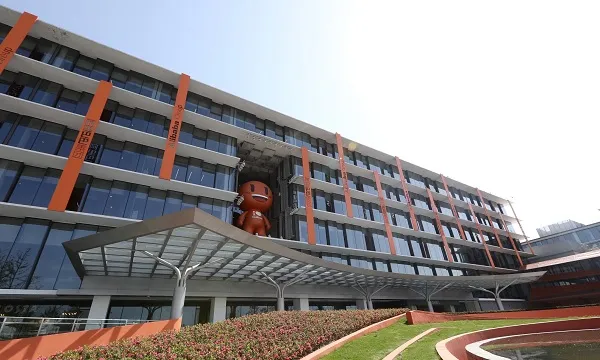
Weekly News Wrap: Chinese firms tap e-commerce platforms; Japan's retailers turn to digital tools
And India’s Reliance Industries looks to buy Future Group’s retail operations for $3.6b.
From CNBC:
Some Chinese companies are tapping a new growth opportunity in online shopping amid trade tensions and the coronavirus pandemic.
While e-commerce has become a part of modern life around the world through giants such as Amazon and Alibaba, online shopping remains a fraction of overall retail sales. Even in China, where delivery has become integrated into urban life, online sales of physical goods still only account for about a quarter of overall retail sales, according to official data.
That portion is generally expected to increase, in China and worldwide. More businesses are also tapping e-commerce platforms to sell directly to consumers, rather than going through traditional store distribution systems.
Read more here.
From Bloomberg:
The coronavirus pandemic may be a drag on economies across the globe, but in Japan it’s bringing long-overdue change in work habits and tools.
Department-store chain Isetan Mitsukoshi Holdings is using video chats to offer shopping suggestions online, while smaller enterprises are embracing digital tools. Digital signatures are finally taking hold, replacing official stamps and seals.
Small- and mid-sized companies, which make up more than 90% of the nation’s enterprises, are also embracing change. Whilst it closed its doors during April and May, the Szechwan Restaurant chain used the time to ditch manual schedules and set up spreadsheets instead, and hold meetings via video chats.
Read more here.
From Reuters:
Mukesh Ambani’s Reliance Industries will pay between $3.2b-3.6b (INR240b-270b) to buy the Indian retail chains owned by Future Group, Mint newspaper reported on Tuesday, citing two sources familiar with details of the deal.
Asia’s richest man, Ambani has been buoyed by investments close to $20b from backers including Google and Facebook in his oil-to-telecoms conglomerate, and is seeking to strengthen his hand in India’s huge retail sector.
Reliance’s existing retail operation already runs close to 12,000 stores, including a cash-and-carry wholesale business, in over 6,700 Indian towns and cities.
Owned by India’s “father of modern retailing”, Kishore Biyani, Future Group is home to supermarket chain Big Bazaar, upmarket food stores Foodhall, and bargain clothing chain Brand Factory.
A series of media reports have said the two were nearing agreement on the deal.
Read more here.



















 Advertise
Advertise


